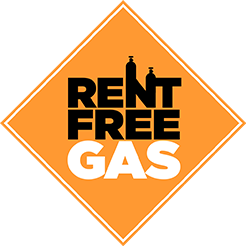Nitrogen Gas Delivery
Nitrogen Gas Cylinder Delivery in Sydney When you own one of our Nitrogen gas bottles or a Speedgas Nitrogen gas cylinder, you can stop paying rent immediately. If we give you a refill price, there is no more to pay, there are no other costs. We cannot refill BOC, ALA, Supagas or Coregas cylinders. We cannot refill BOC, ALA, Supagas or Coregas cylinders. Our customer base is growing very quickly and the two main reasons for this are that we keep things simple (for example, no invoicing issues), and also because we are saving our customers money. We ask you to think about how long you have had a cylinder sitting in the workshop, garage, factory, shed or office? If the answer is a long time (more than a few years) to that question, then you should send the bottle back to your supplier and buy a bottle of your own. Information provided from customers who have purchased their own bottle (that comes with no rent and no delivery), is that after about 12-14 months they have saved money. Their rental costs vary between $10-$25 per month which is $120-$300 - just for rental. So once you add in the gas cost on top of that rental, you are normally in front after 1 year. The next key question is how often you refill that Nitrogen bottle? If your answer is not very often (let's say a few times per year) then you should definitely review your refill costs and give us a call. We will match the big guy's price, and do a deal to get you saving money today. There are no tricks or hidden costs with Rentfreegas and Speedgas, we are a small and nimble AUSTRALIAN business that wants to talk to you and help you with great service, and also help you lower your nitrogen costs. If you would like more information about rent free gas bottles or how to lower industrial gas costs in your business, feel [...]

